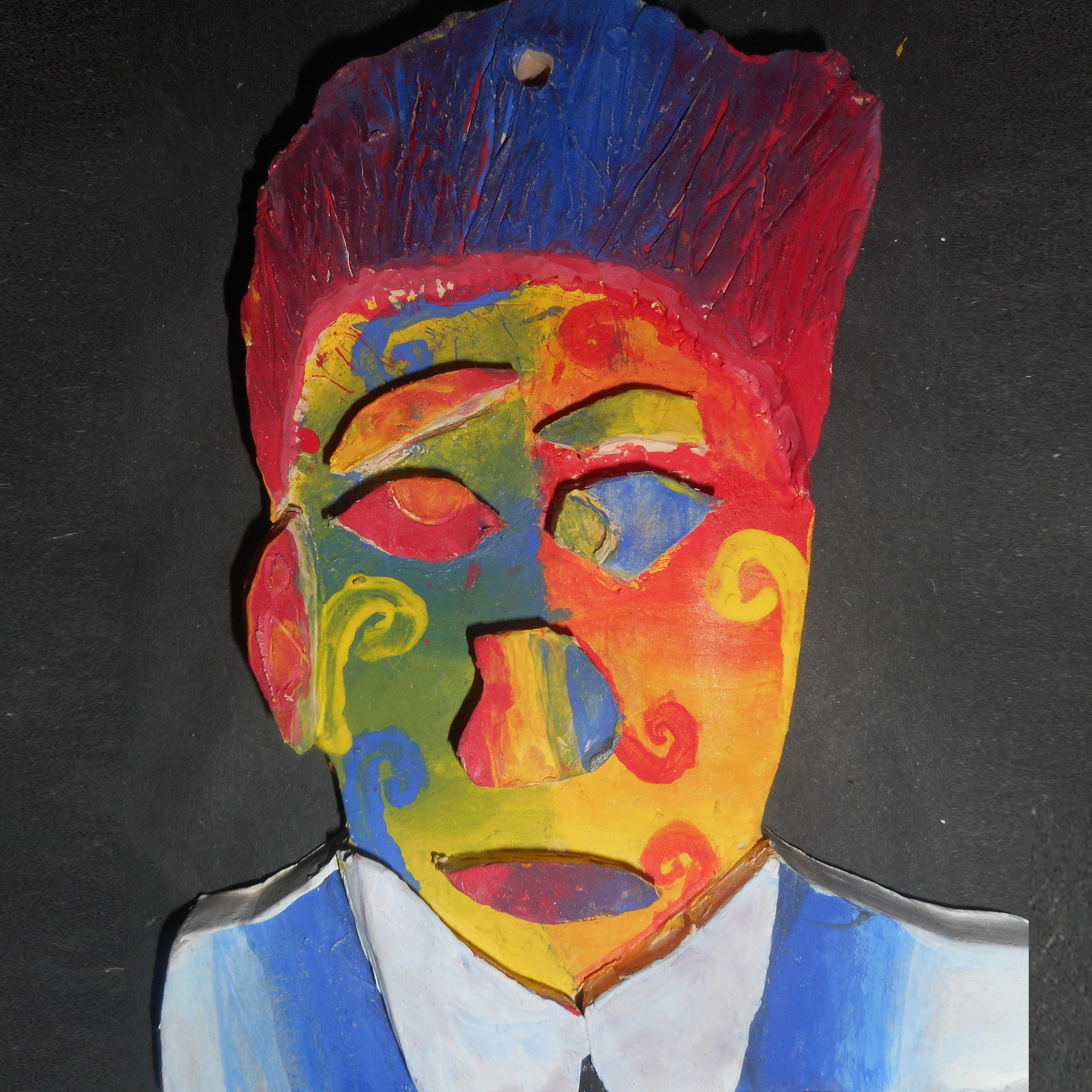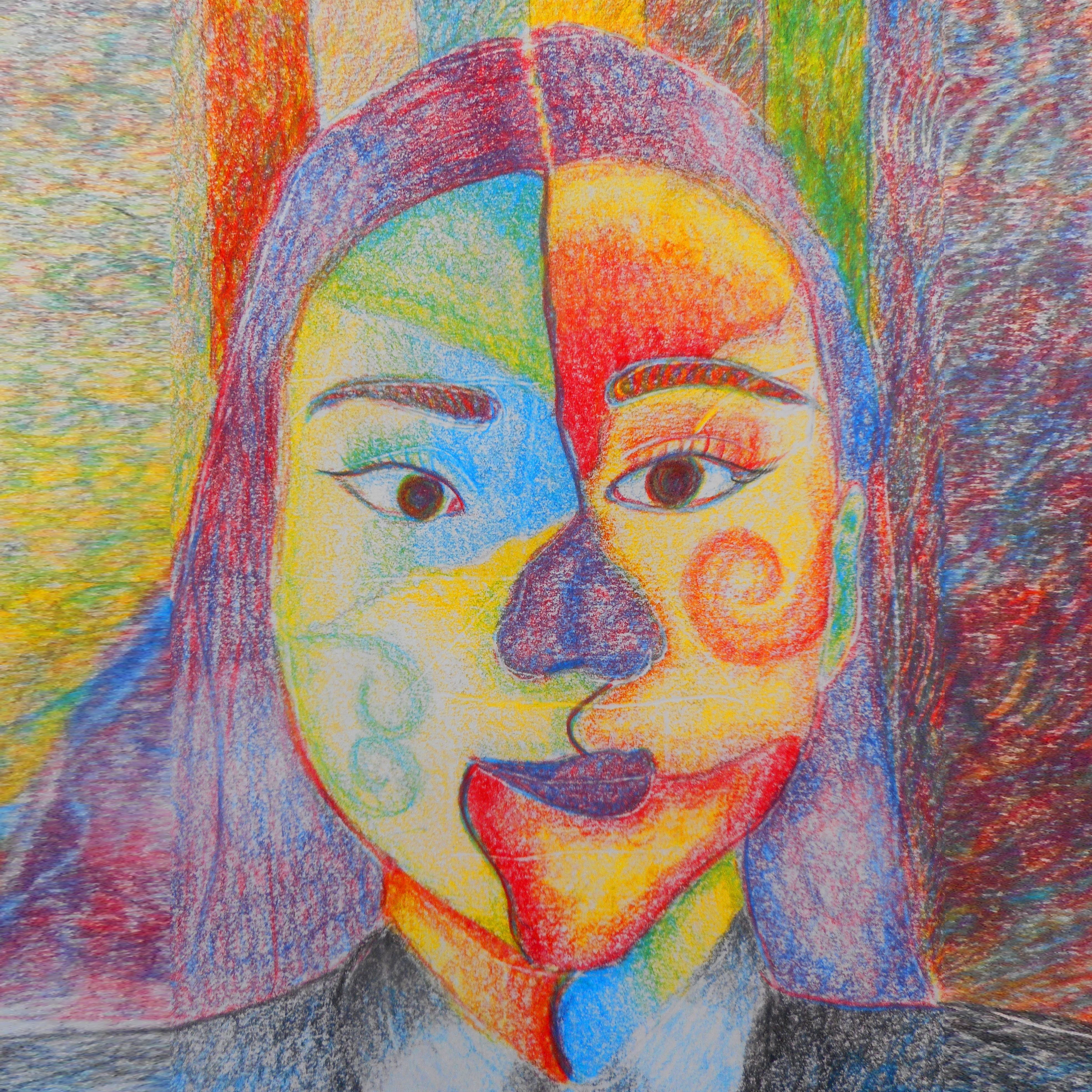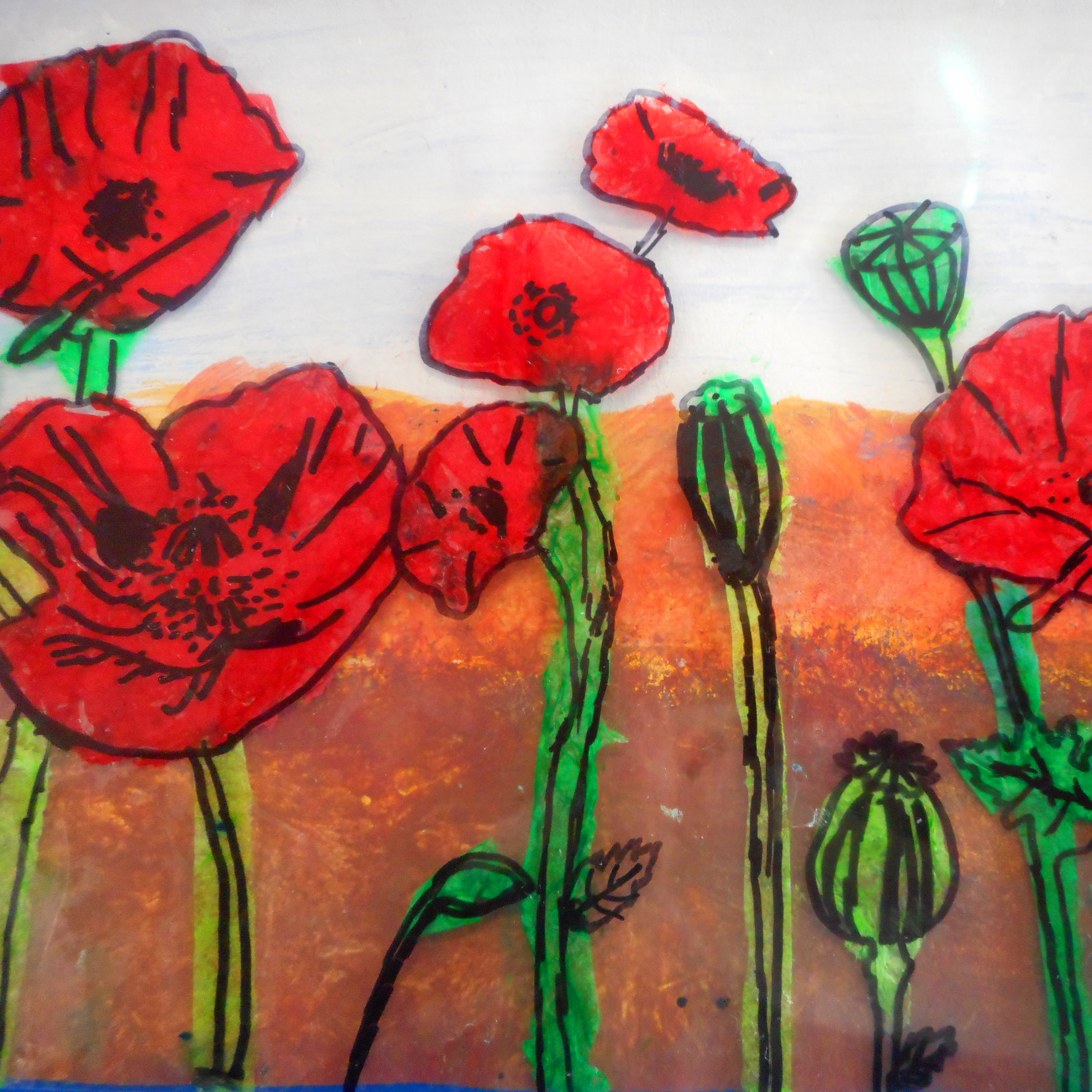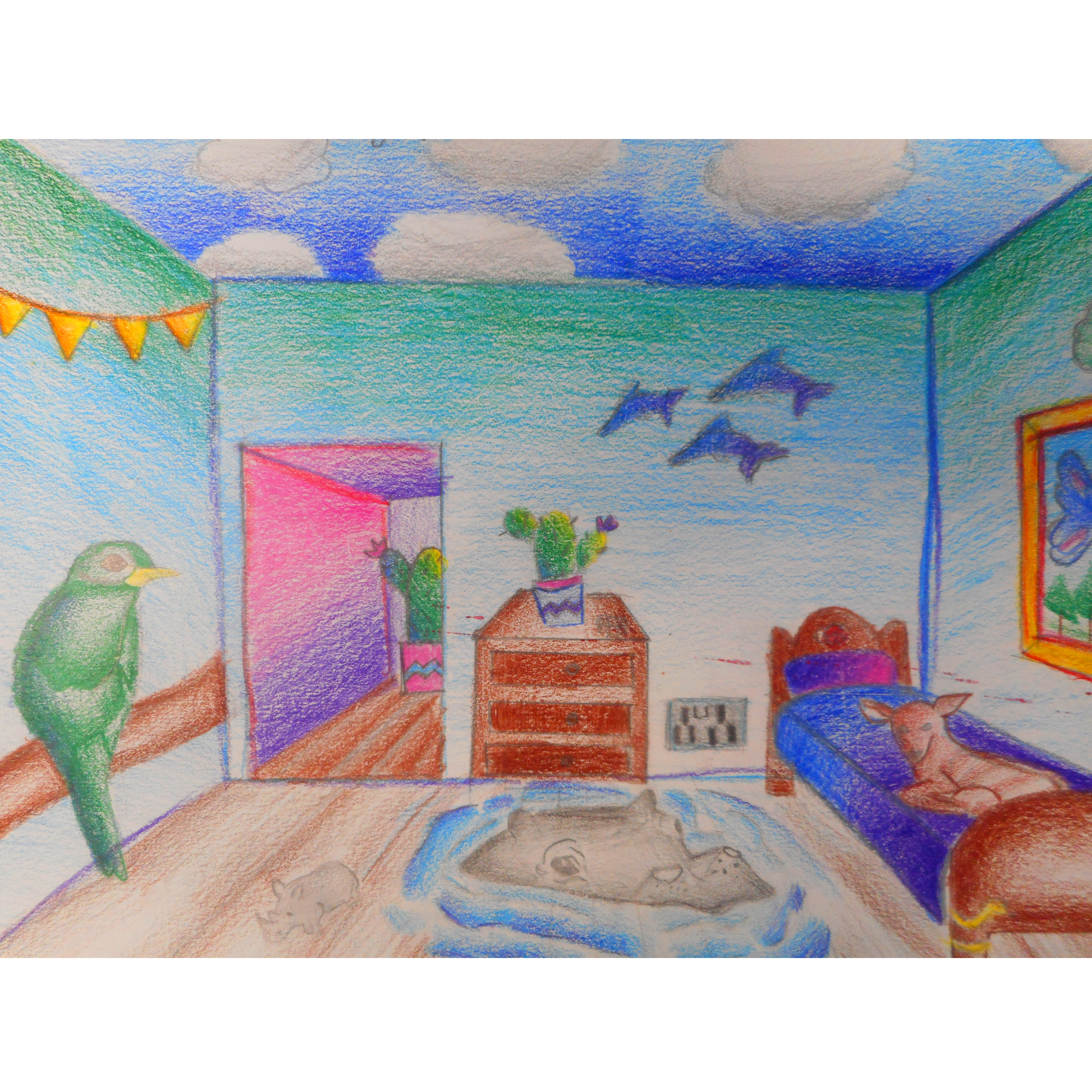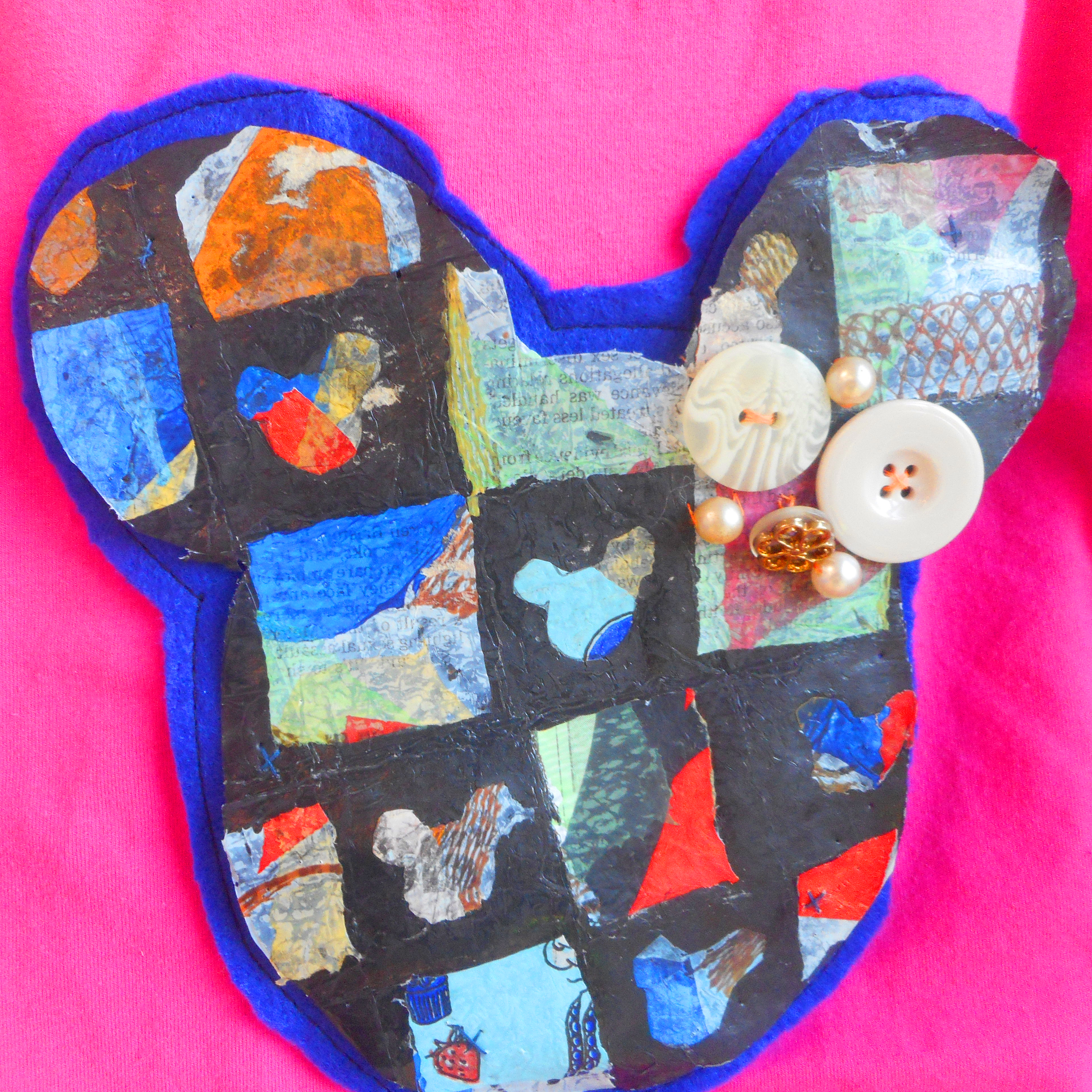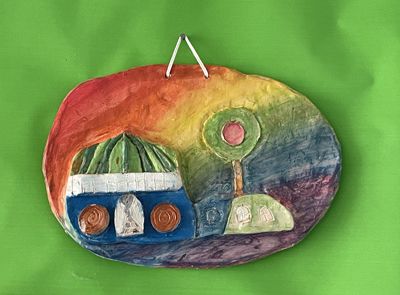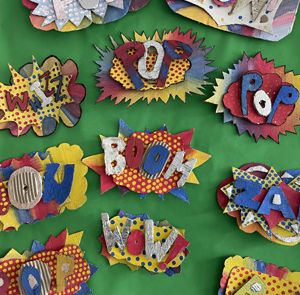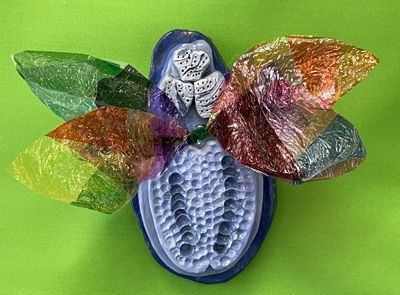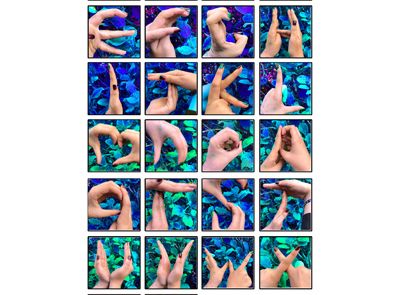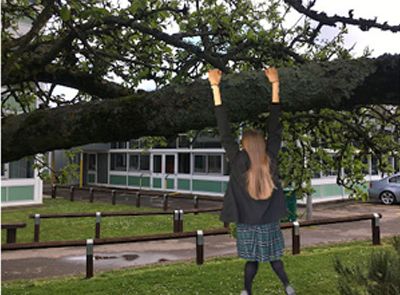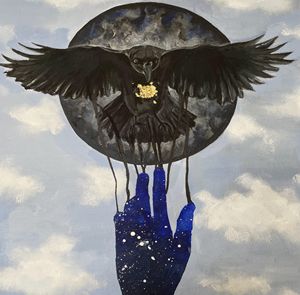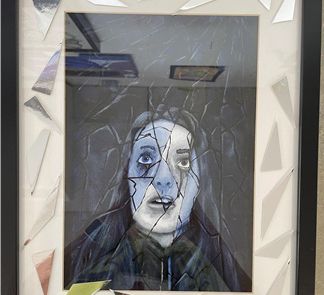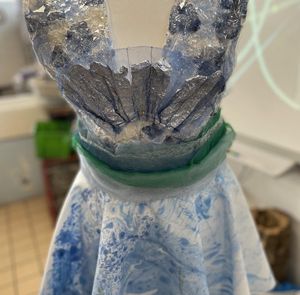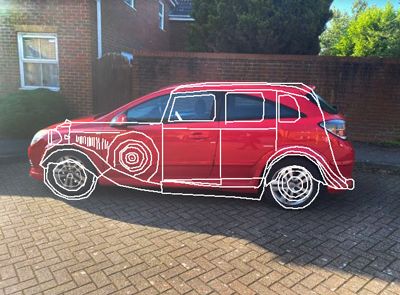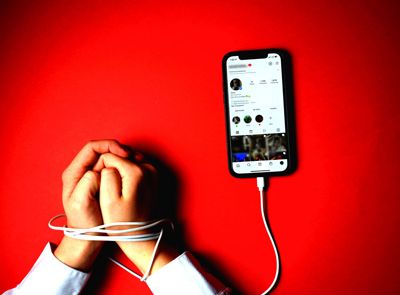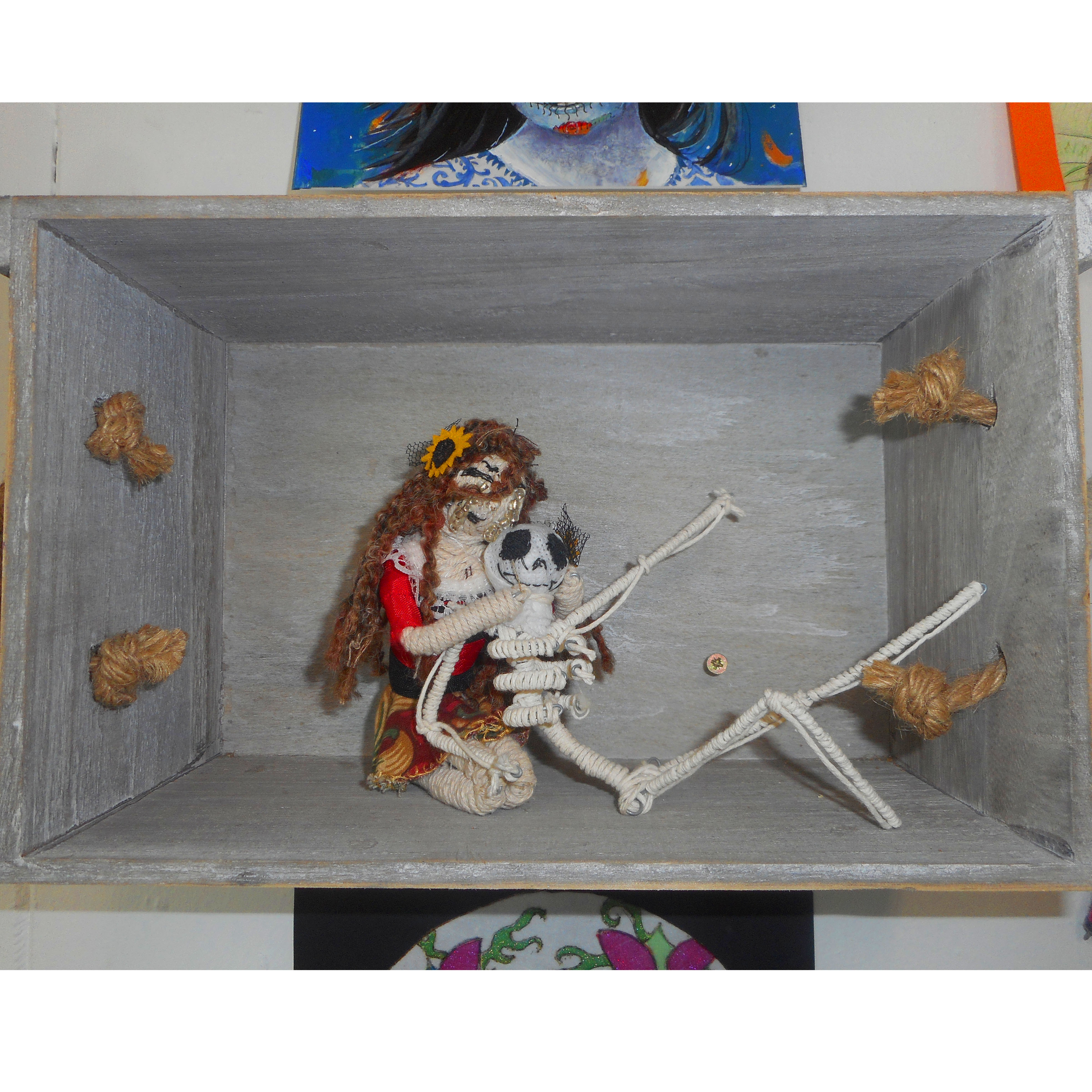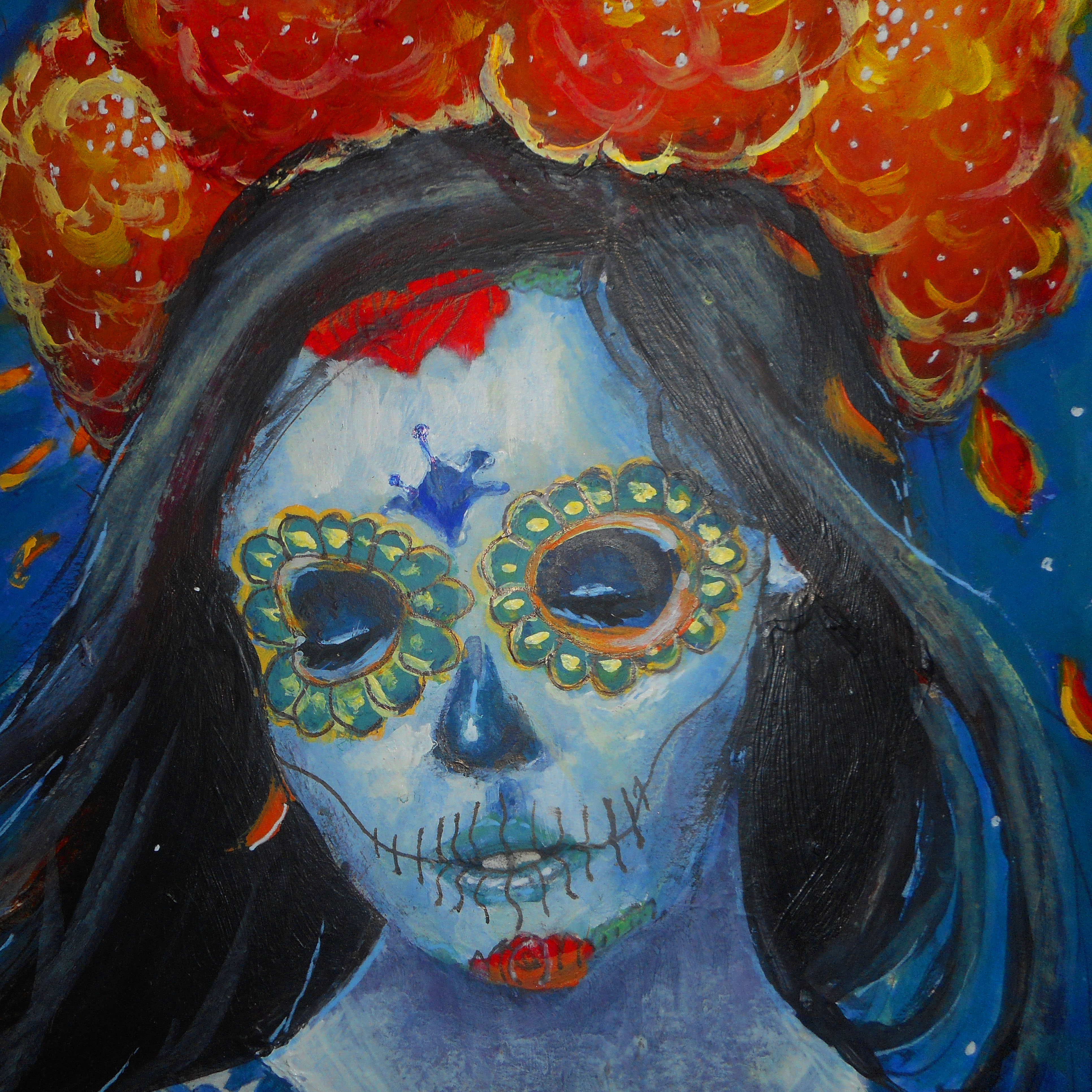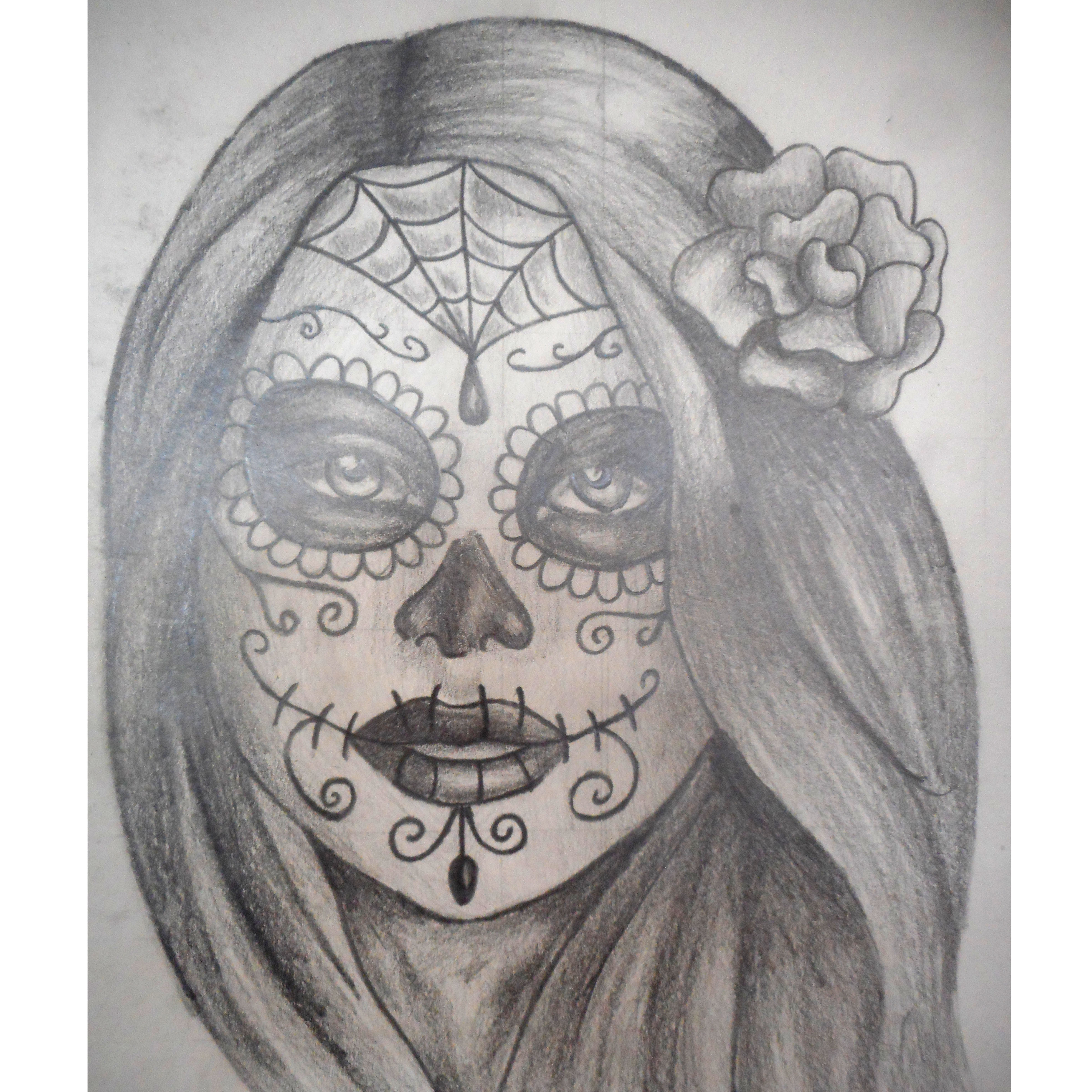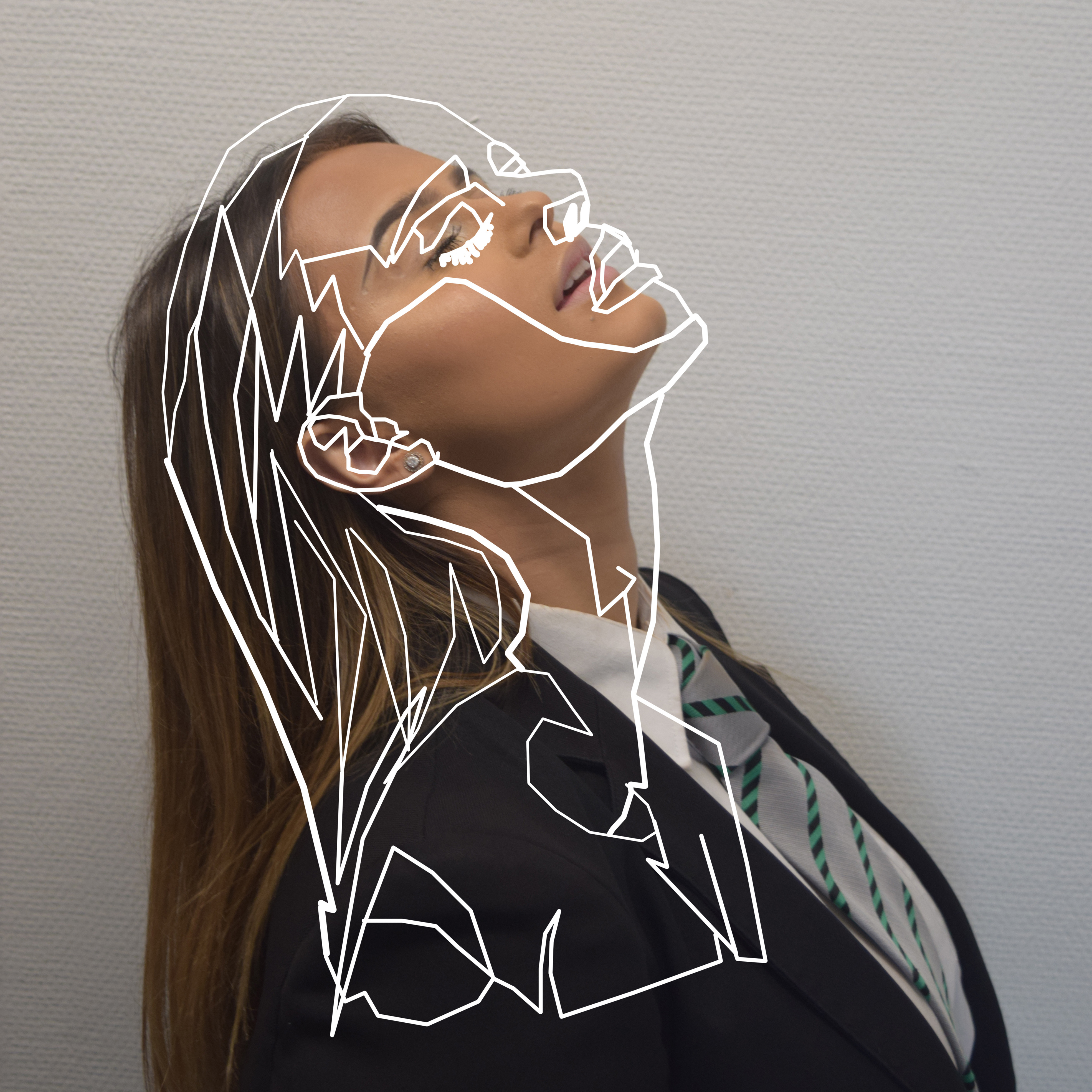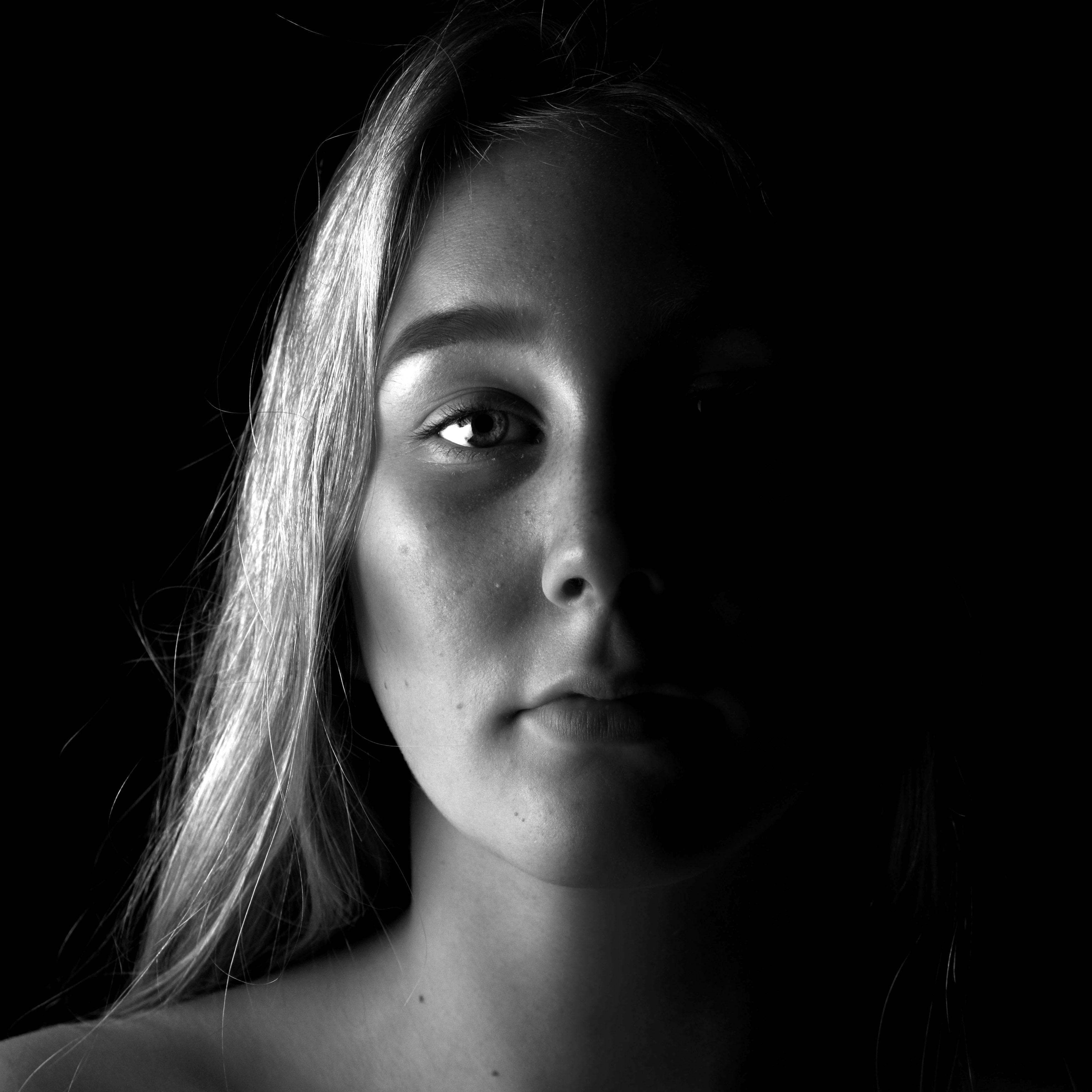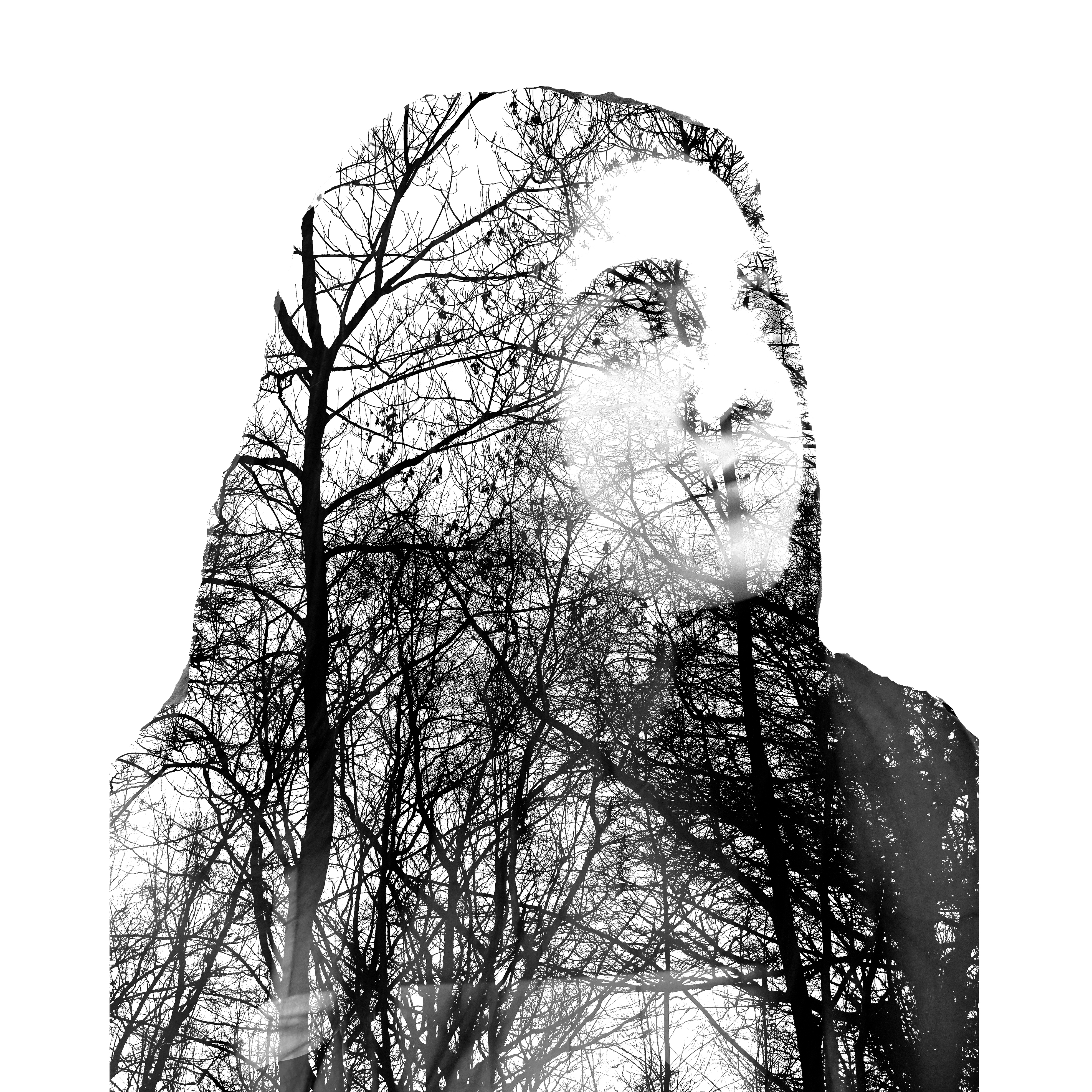Welcome to the Art and Photography Department
The Art Department at Harrow Way aims to encourage an understanding of art in its broadest terms. Our goal is to familiarise students with a range of materials, techniques and experiences as well as to introduce students to the rich and varied aspects of the history of art and cultures. Wherever possible, the use of Information Communications Technology is incorporated into projects. Our aim is to allow every student to develop and discover his or her interests and talents and to eventually achieve success at examination level. We place a strong emphasis upon imagination in our teaching, but link this with the need for sound technical expertise, and encourage students to develop the ability to differentiate between that which is original or cliched, beautiful or ugly and meaningful or contrived. In effect, we aim to teach a visual vocabulary so that students might acquire a perceptive view of the visual world.
Three highly trained members of staff offer an introduction to sculpture, painting and drawing, photography and Photoshop.
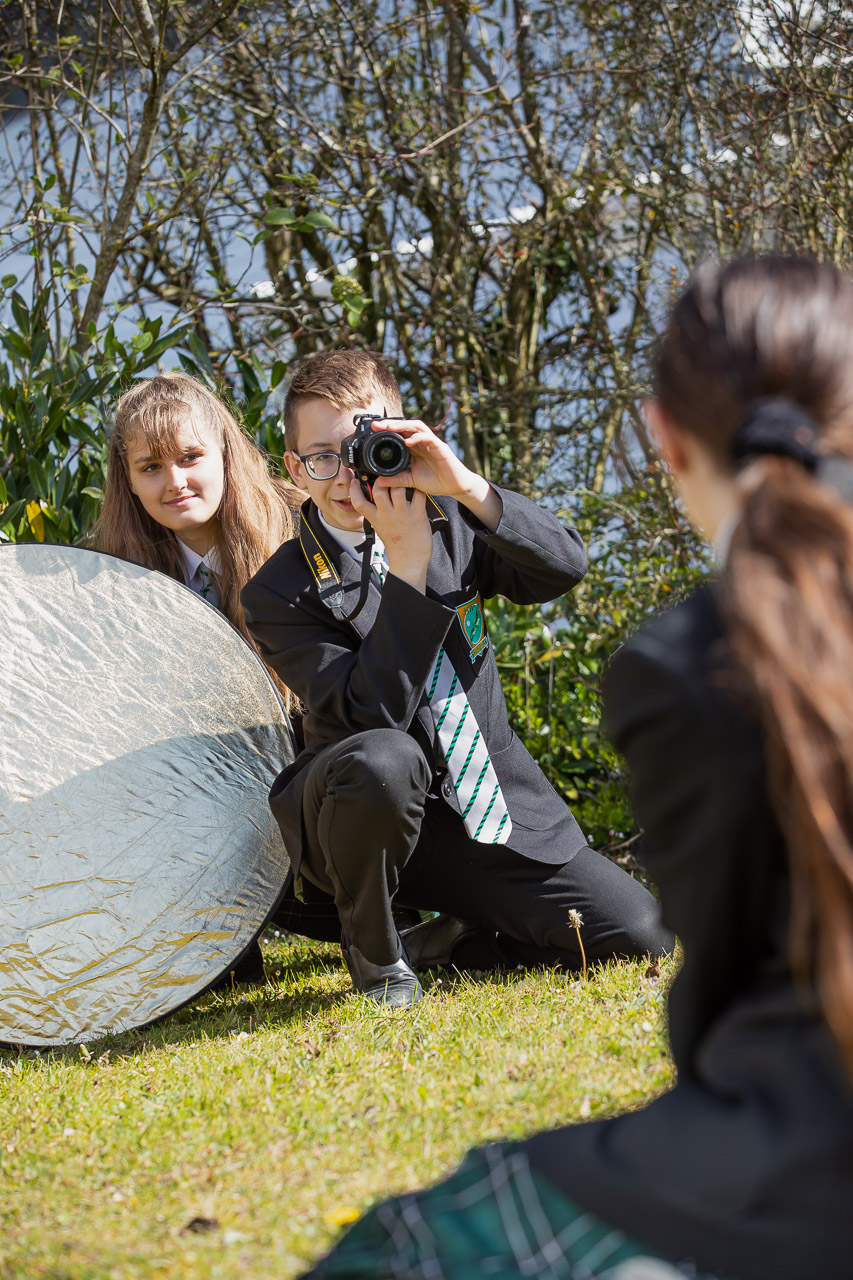
Curriculum Content
Key Stage 3
During Years 7 and 8, students are taken back to basics and learn or revisit the formal elements. Across the two years, contextual, cultural and design projects are delivered, all of which revisit the basic skills to improve and extend, and build confidence. The Art department prides itself on having work that is accessible to all, but with room to extend. A wide range of materials and techniques is available so that artwork produced shows variety, imagination and personality. Opportunities are provided to explore new and familiar art materials and techniques, artists and styles: and ways to respond to them. Sketchbook presentation skills are adopted in order to celebrate the work and show progress through the keystage. Verbal feedback is given continually and students will self, peer and class assess their work.
Year 7 Projects
Year 8 Projects
Year 9
Art & Design
As part of their ‘Pathways’ program, students in Year 9 have the opportunity to continue their exploration of Art & Design. This year, they will engage in a variety of exciting projects that encourage creativity and skill development.
Project Themes
Photography
Students may also choose to explore Photography as part of their Pathways. This subject offers an introduction to digital photography and editing through a series of engaging projects.
Project Themes
Key Stage 4
Year 10 & 11 Art, Craft & Design and Photography
Students who follow the AQA GCSE Art and Design or Photography syllabus are awarded marks through the collective assessment of a portfolio. The portfolio that is started in Year 10 and continues into Year 11 is all marked and is worth 60% of their final GCSE grade. The externally set assignment which will begin after Christmas in Year 11 will be assessed and is worth 40% of the final GCSE grade.
In both Art and Photography, students are encouraged to extend skills to refine the quality of their outcomes as they develop ideas towards a more personal outcome. Researching the work of other artists, designers and photographers is encouraged throughout the course to inform the underlying meaning of the students’ work. Projects will start to go in different directions as the students take ownership of their own work and branch out with explorative experimentation and contextual work driven by their own research.
Study visits to places such as Kew Gardens offers an opportunity for art and photography students to broaden their sketchbook work. A mock exam will take place in Year 10 to familiarise the students with the process and the time constraints.
Portfolio Themes (60%)
Art, Craft & Design
Photography
Externally-Set Task (40%)
In Year 11 students will receive a list of themes from the exam board. Students work independently to explore one theme and prepare for a personal response which will be created in 10 hours under exam conditions.

